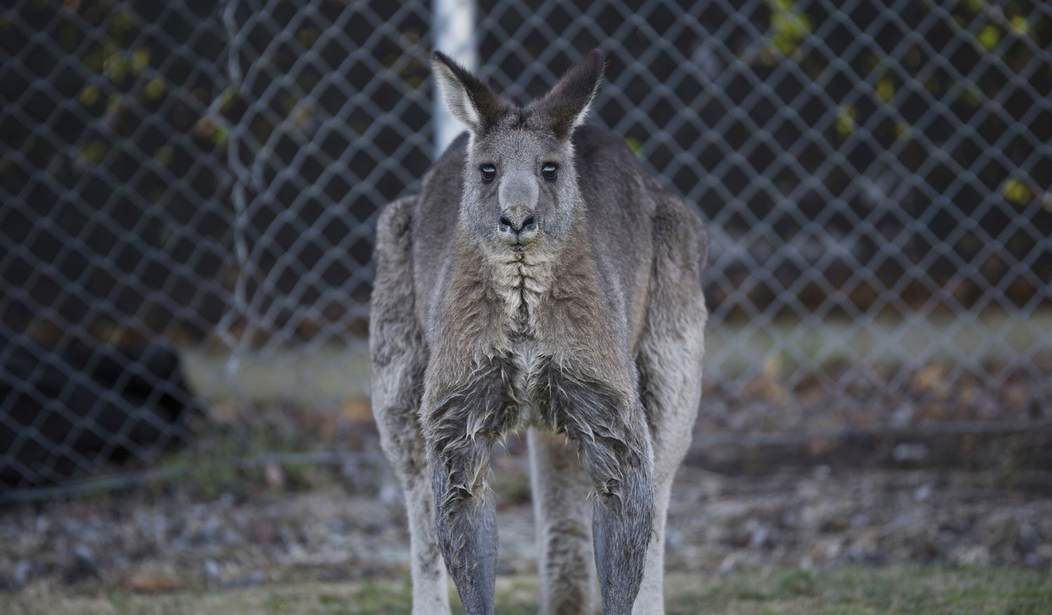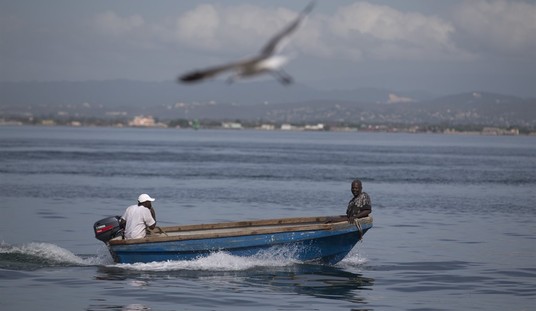A Historic Shift
Australia announced a generational investment that reshapes the balance of power in the Pacific, its most ambitious defense build-up since World War II.
The country is investing billions in nuclear-powered submarines through AUKUS, as well as long-range strike capabilities, unmanned systems, and its own homegrown defense industry.
Canberra plans to increase spending to 2.4% of the country's GDP by 2033, which, for a country long known for leaning on U.S. protection, marks a striking change.
Who’s Calling the Shots?
There are those on the left who claim that Washington is behind this because U.S. Secretary of War Pete Hegseth pressed Canberra to raise spending to 3.5% of GDP, while the U.S. lassoed Australia into the AUKUS partnership.
Although that's part of the story, it's not the whole thing.
Australia's leaders aren't taking orders; they know their neighborhood is hotter than at any point since 1942, when Darwin was on the receiving end of Japanese bombs.
The combination of China's naval build-up, its coercion in the South China Sea, and political advances in the Pacific Islands leaves Canberra with no choice but to sharpen its own deterrence.
Put simply, Australia may feel a nudge from America, but the country's own leaders are driving this push.
Why It Matters
Australia's decision isn't merely a budget shuffle; it's a long-awaited strategic awakening, seen by the U.S. as a Pacific partner pulling its weight and sharing the burdens that we can no longer carry.
For China, it's a warning that its bullying of one island nation after another won't go unanswered.
For Australia, it is survival; it sits alongside vital trade routes and offers no illusions that distance equals safety.
By investing in subs and the ability to strike from long range, Australia will have the capacity to punch back hard if challenged. Building its own defense industry means less dependence on imports and more resilience when supply chains are contested.
There's also a political message for China: Australia is done being just a junior partner.
At Home and Abroad
Polling shows Australians are a divided but realistic society; there's broad support for a strong defensive posture, even as critics worry about ballooning budgets and cost overruns in an inflationary economy. There's no more debate on whether to spend more, just a focus on making sure the results translate into real capacity.
Within the region, Japan and South Korea welcome the move; however, smaller Southeast Asian states are nervous that they'll become the next staging ground in the next great arms race.
Predictably, China calls it provocation, part of America's "containment machine." But for nations across the Pacific that are afraid of pressure from Beijing, knowing they'll have a strong neighbor is a relief.
Final Thoughts
Australia remembers the lessons from World War II, where Darwin, Kokoda, and Coral Sea cast a large, looming shadow, while its leaders know what happens when the homeland is left vulnerable.
Today's threat isn't from Imperial Japan, but Beijing's rapidly expanding influence. Choosing to arm itself now gives Australia the hope of avoiding the same crisis that forces a nation to fight for its very survival.
The kangaroos are no longer happy to simply quietly hop along. Instead, they're bracing with claws out, feet ready to spread damage, when the storm appears on the horizon.
The real question, however, is whether the rest of the free world matches that sense of urgency.
The Schumer Shutdown is still ongoing, and Democrats have no one to blame but themselves. Chuck Schumer led his party into shutting down the government for healthcare for illegals, and the fallout is theirs alone. Help us spread the truth. Sign up with promo code POTUS47 for 74% off your VIP membership.










Join the conversation as a VIP Member